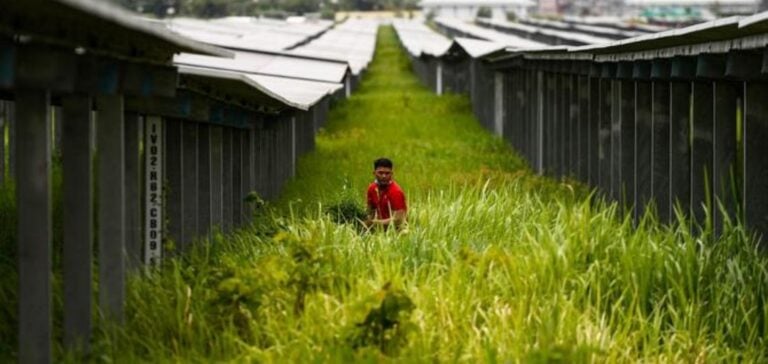Power cuts in Vietnam due to an unprecedented heatwave and drought in May and June cost the economy $1.4 billion, according to the World Bank.
Climate and Energy Challenges in Vietnam: Fragile Hydroelectricity and Ambitious Objectives
The north of the country in particular suffered numerous power outages, severely affecting economic activity in a region where many manufacturing giants are based. The communist Southeast Asian country is a key link in the supply chain of some of the world’s largest companies, and many of them, including Samsung and Apple supplier Foxconn, have factories in the north of the country, not far from the capital Hanoi.
Some companies were notified of the blackouts at the last minute, or not at all. Companies reported losses of up to 10%, estimated the international institution in its August economic updates.
“The preliminary estimate of the economic costs of the May-June power cuts is around $1.4 billion (or 0.3% of GDP),” said the World Bank in a report published on Thursday.
Vietnam under Pressure: Hydroelectricity in the Heat Wave
Vietnam faced a series of heat waves in early May, recording record temperatures, while rivers and hydroelectric plant reservoirs dried up. The country relies on hydroelectricity for almost half of its energy needs. Electricity needs are increasing by more than 8% a year on average, but the government is aiming to reduce energy consumption by 2% a year until 2025, which points to further crises. It has also made an ambitious commitment to close its coal-fired power plants by 2050 as part of its fight against climate change.
“Swift action is needed to mitigate future risks to energy security and economic losses,” the bank stressed in its report.
According to scientists, extreme weather events have intensified as a result of global warming. This year, the situation improved in early July following heavy rainfall.






















